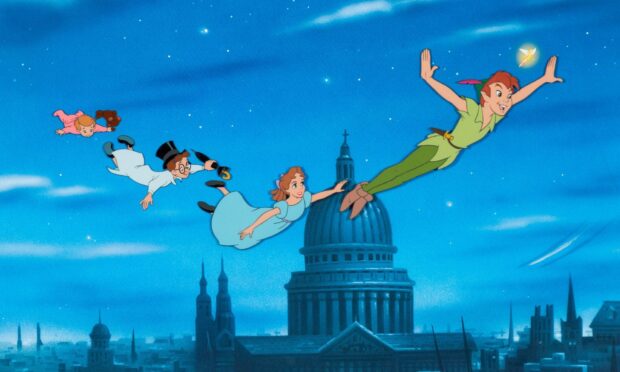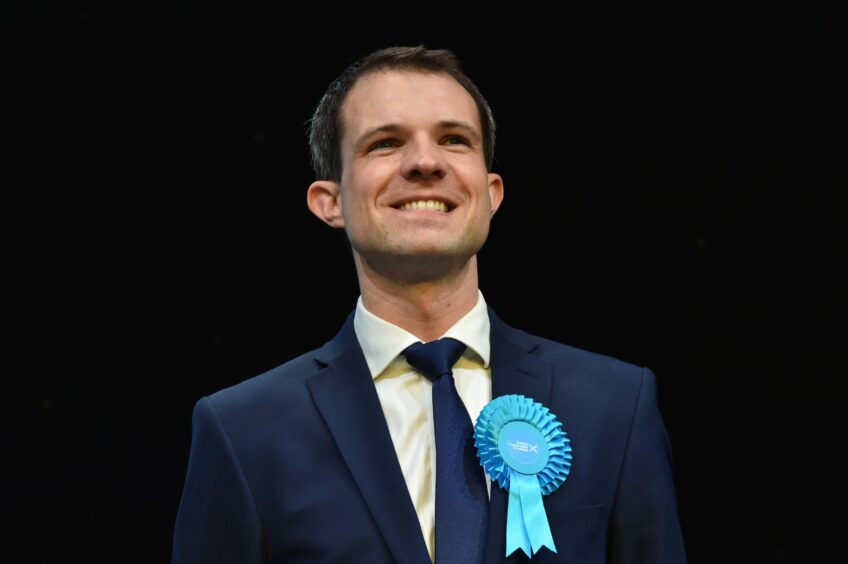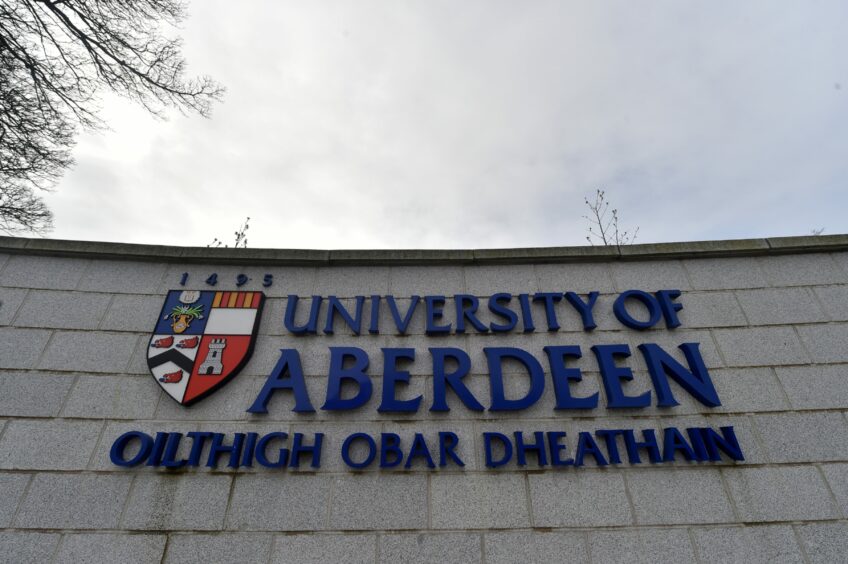A much-loved classic children’s book has been flagged with “trigger warnings” by Aberdeen University.
While the adventures of Peter Pan, the boy who never grew up in J.M. Barrie’s 1904 play and novel, has captured many children’s imagination, the university is concerned that students might find the content to be distressing.
The university did not expand on the warning except to say it is concerned that students might find the “odd perspectives on gender” to be “emotionally challenging”.
It is one of many books, ballets, and films that have been issued with warnings by the university.
Many have criticised the move and have said the university is infected with the “woke virus”.
MP ‘baffled’ by university’s decision
The warning was discovered through a freedom of information request by The Scottish Mail on Sunday, which also found alerts for other works.
These include Lewis Grassic Gibbon’s Sunset Song, Treasure Island, The Railway Children and The Lion, the Witch and the Wardrobe.
Warnings and alerts are issued on the grounds that “the texts on this course include material you may find distressing on issues including racism, sexism, ableism, homophobia, colonialism, slavery, violence.”
Aberdeen University graduate and MP for West Aberdeenshire and Kincardine, Andrew Bowie, told the The Scottish Mail on Sunday he was “baffled” by the decision.
“I re-read Peter Pan last year and it’s one of my favourite book,” he said. “So I am baffled by any decision to warn students away from its study.
“Undergraduates should be sufficiently intellectually mature to understand the tension
between innocence and experience in Peter Pan.”
Warnings ‘do not seek to tell students what to find challenging’
This is not the first time Aberdeen University has issued warnings for reading material.
Last year, the university advised that The Classic Fairy Tales contains “cruelty to animals and animal death”. Other universities have also issued such alerts.
However, some say there is a big difference between warnings of offensive material and material which might trigger individual upset.
Aberdeen University responded saying the warnings allow them to explore more controversial topics in a “supportive environment”.
A University of Aberdeen spokeswoman said: “Students are informed about the content of the texts and, as critically mature adults, they are empowered to make their own decision about which text to read.
“This approach enables us to explore controversial topics that could otherwise be difficult to address in an inclusive and supportive environment.
“Our guidelines on content warnings were developed in collaboration with student representatives and we have never had any complaints about them – on the contrary students have expressed their admiration for our approach.
“ Our content warnings reflect the fact that every student is different, and do not seek to tell them what they should or should not find challenging.”
In a recent opinion column, Catherine Devaney warned against trivialising the matter, asking if this era would be seen as intellectually repressive, a period when autocratic thinking became confused with “awareness”.



Conversation